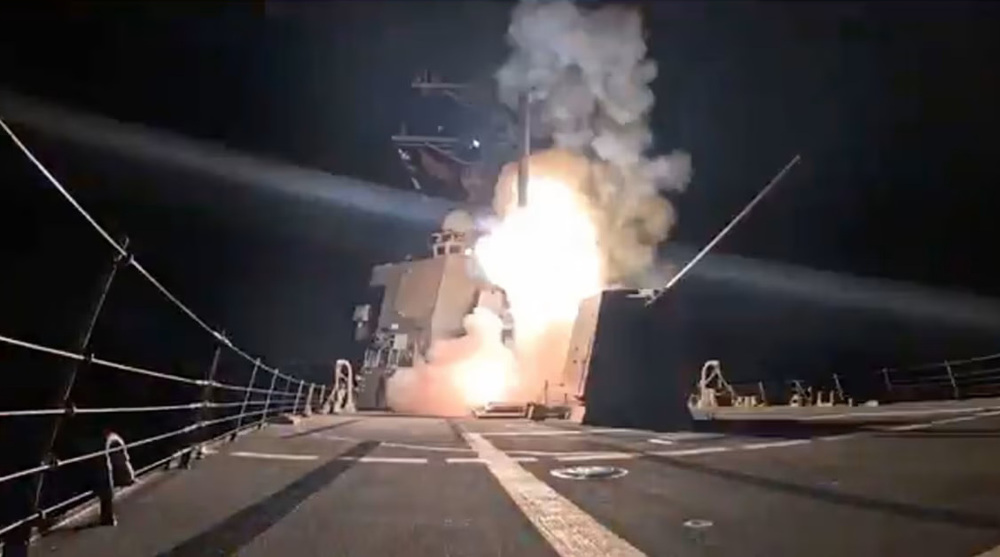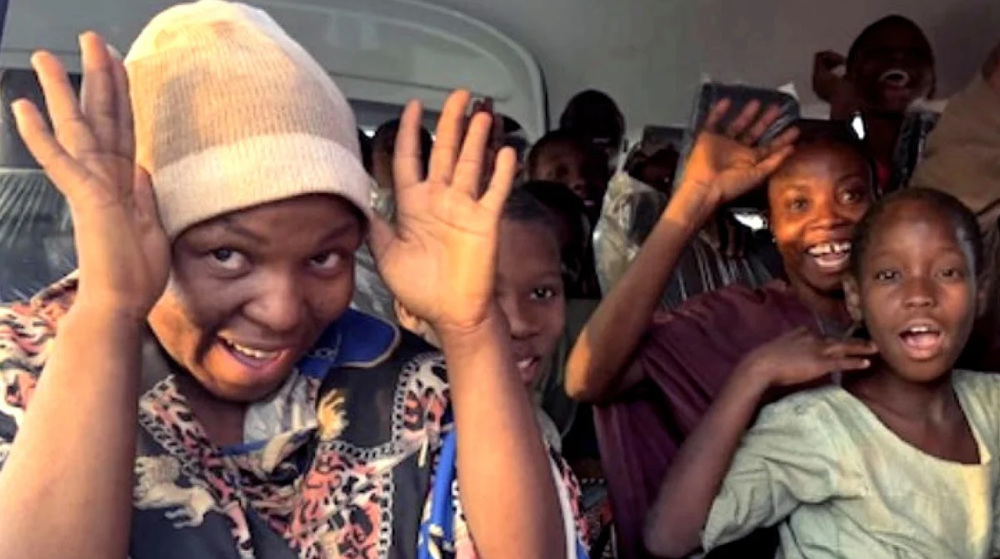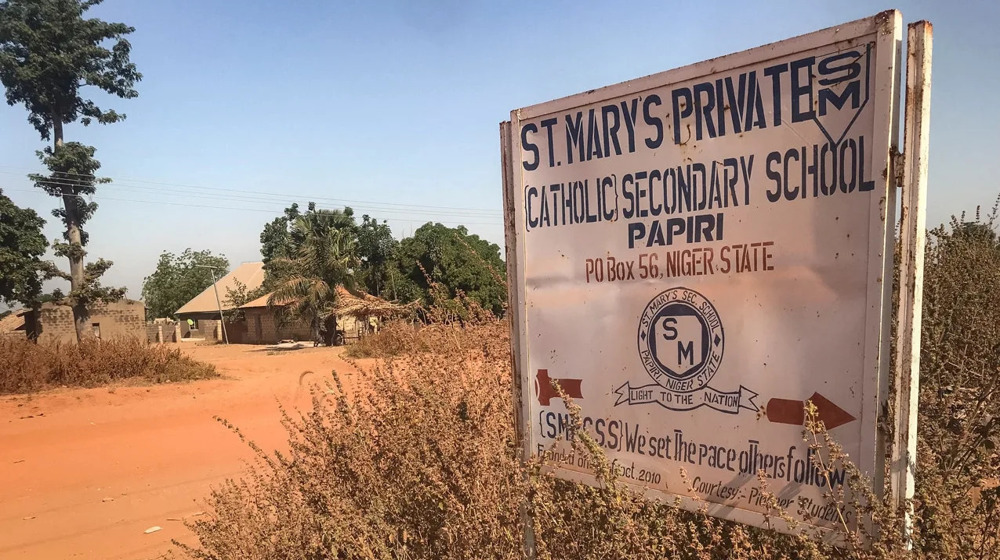Nigeria court refuses to release Zakzaky on bail
A Nigerian court has refused to grant bail to top Muslim cleric Sheikh Ibrahim Zakzaky, days after more than 40 of his supporters were killed during protests demanding his release.
Zakzaky, the leader of Islamic Movement in Nigeria (IMN), has been held in detention since December 2015 and was charged just in April with murder, culpable homicide, unlawful assembly, disruption of public peace and other accusations. He has pleaded not guilty.
“The court refused to grant him bail," Zakzaky’s lawyer Maxwell Kyon said.
His legal team had urged his release, saying he is suffering from health issues that require urgent medical care abroad but the court denied the request.
But the state high court in the northern city of Kaduna said on Wednesday that no substantial medical evidence was provided to grant Zakzaky bail.
Zakzaky would remain in custody throughout the period of his trial. The upcoming hearing will take place on January 22.
"We are disappointed with the court's decision," said Ibrahim Musa, an IMN spokesman.
He stressed that Zakzaky should have been granted bail due to poor health, adding that "We will keep on with our protests in Abuja and other cities."
The hearing comes after several peaceful protests staged by IMN supporters last month in demand for Zakzaky’s release. Nigerian security forces opened fire with live ammunition on IMN members in the capital, Abuja, leaving 47 people killed.
Before Zakzaky was charged, the Nigerian government has refused to set him free despite the ruling of a Federal High Court, which ordered Zakzaky’s unconditional release in 2016.
The top cleric, who is in his mid-sixties, lost his left eyesight in a raid which was carried out by the Nigerian army on his residence in the northern town of Zaria in December 2015.
During the raid, Zakzaky’s wife sustained serious wounds too and more than 300 of his followers and three of his sons were killed. Zakzaky, his wife, and a large number of the cleric’s followers have since been in custody.
A judicial inquiry after the 2015 brutal raid concluded that the military had killed 347 IMN members in Zaria. Soldiers buried the bodies in mass graves.
Several international organizations and human rights groups have denounced “the Zaria massacre."
US delivers more F-35 jets to Israeli regime despite Gaza truce violations
Blair distances himself from Trump’s $1bn ‘Board of Peace’ fee
US Justice Department refuses probe into killing of Minneapolis mother
VIDEO | Israel Gaza ceasefire violations
VIDEO | Gaza Solidarity Forum in Damascus calls for boycott of Israel over Gaza genocide
VIDEO | London memorial event highlights Gaza genocide
VIDEO | Press TV's news headlines
VIDEO | Istanbul demonstrators voice support for Iran amid US tensions















 This makes it easy to access the Press TV website
This makes it easy to access the Press TV website